
Fund Our Future: Policy brief outlines path to a thriving Hawaiʻi through fair tax reform
How Hawaiʻi can both avoid devastating cuts to public services and fund solutions to our most pressing problems.
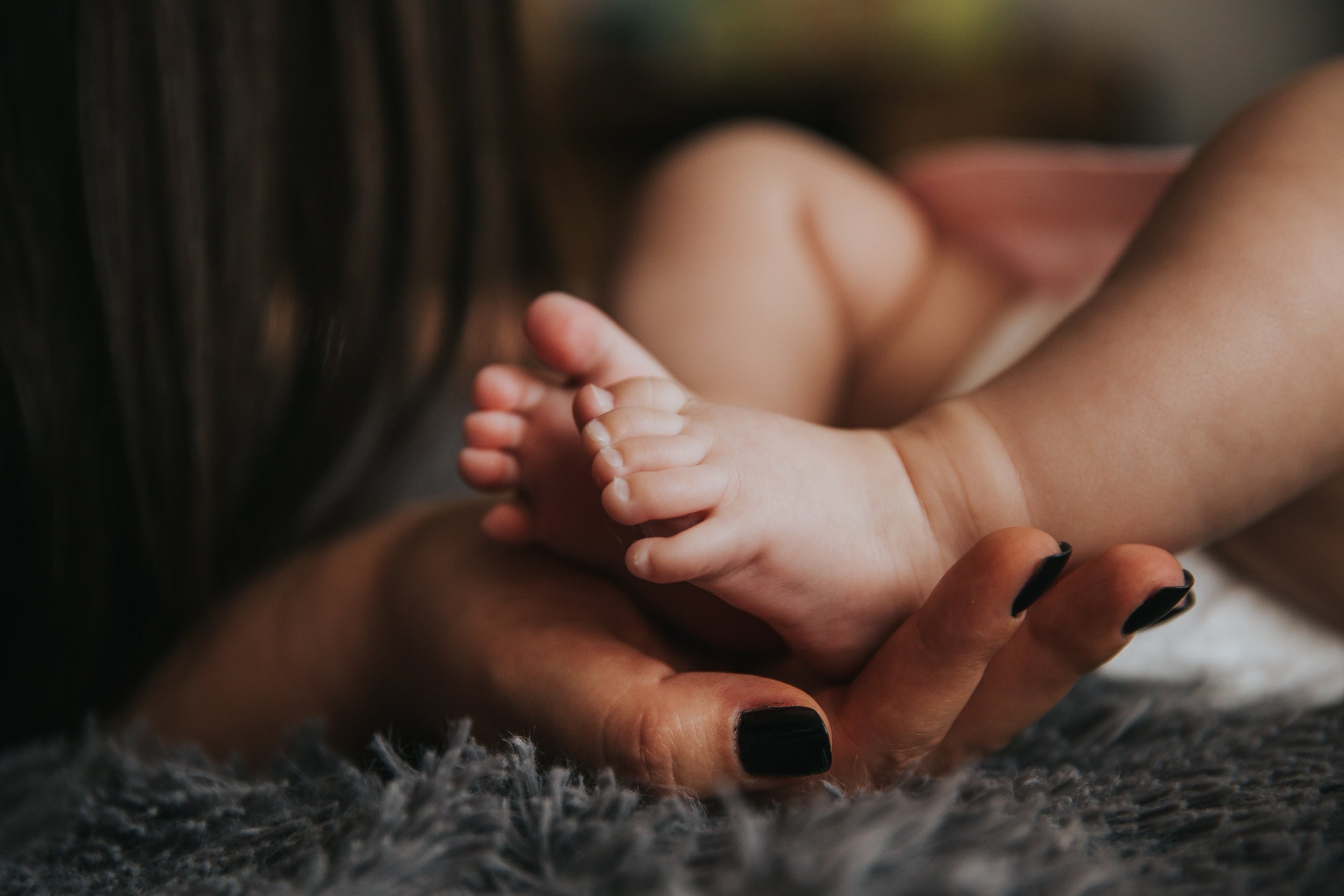
Hawaiʻi Appleseed launches interactive economic justice dashboard to drive data-informed advocacy
Unlike single-issue tools, this dashboard integrates key indicators across food security, housing, transportation, and economic security to show how these issues are related.

New SNAP limits mean higher costs, fewer choices for Hawaiʻi families
The real barrier to healthy eating is affordability. Hawaiʻi families who already struggle to make ends meet can barely cover basics; this new limitation only restricts choice and attacks low-income people.

As federal food aid shrinks, Hawaiʻi counties hold important key to local food security
With closer community connections, counties can tailor solutions to local realities, such as inter-island transportation barriers in Maui County or the dispersed rural communities of Hawaiʻi County.

New report warns of insurance crisis, charts path for equitable resilience in face of climate disasters
The analysis, “Who Pays for Climate Disasters?,” reveals a system in retreat, leaving residents vulnerable as private insurers abandon markets and shift costs to the public.

Hawaiʻi Appleseed releases 2025–26 state budget primer and legislative recap
Together, these documents tell the story of how Hawaiʻi invests in its communities, analyzing the most recent legislative session and the budget that emerged from it.
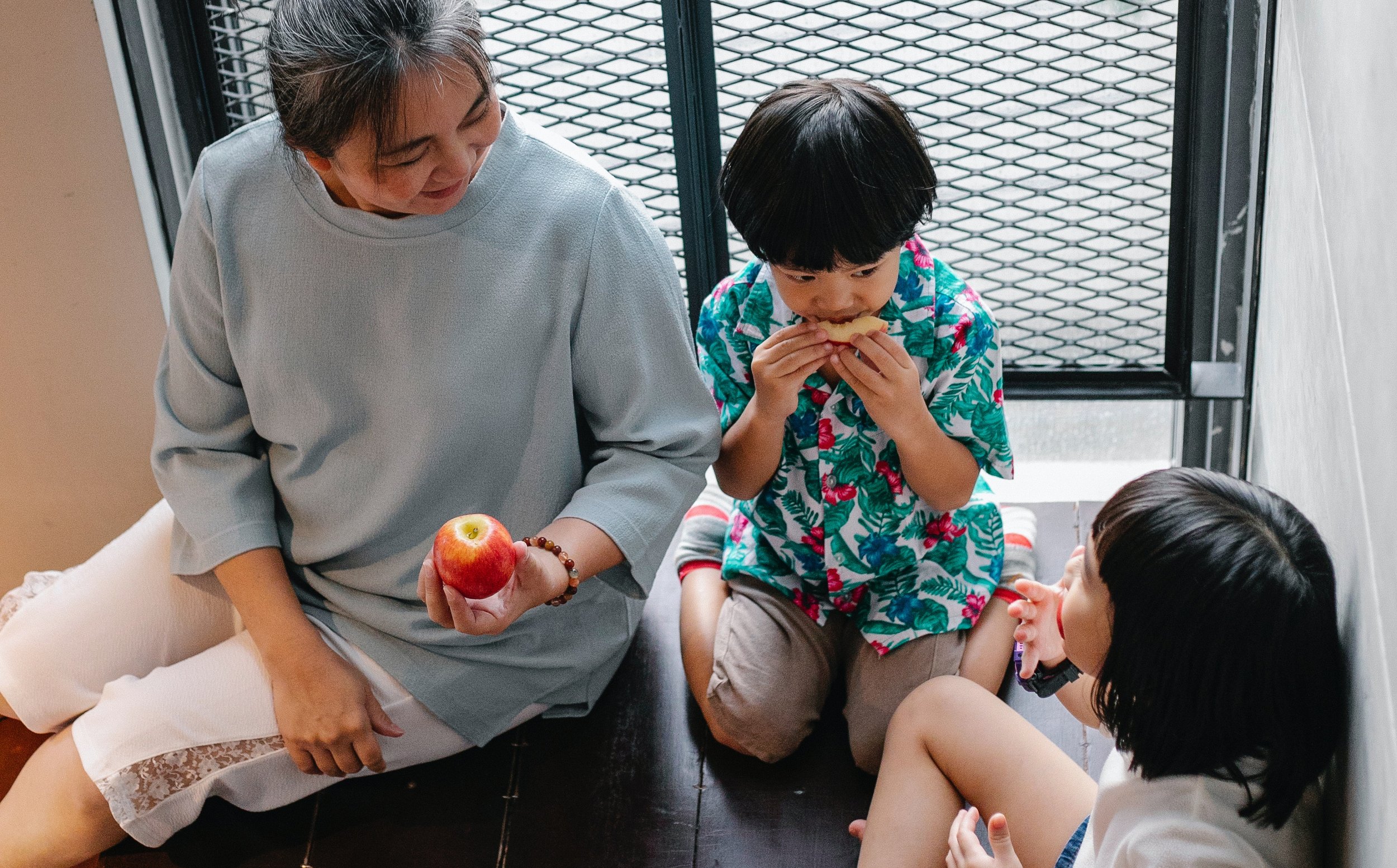
Four Hawaiʻi nonprofits receive critical investment from national anti-hunger organization as SNAP cuts loom
These investments will help power Hawaiʻi advocates fighting for policy-based solutions designed to break the cycle of hunger and strengthen food security for future generations.

Community coalition celebrates passage of school meal expansion bill
The Hawaiʻi State Legislature has approved Senate Bill 1300, which will expand free school meal access to keiki in the ALICE population over the next two school years.

Hawaiʻi Appleseed welcomes Will White as its new Executive Director
White brings extensive experience in advocacy, policy, and community engagement to the role.

State legislature must do more to protect Hawaiʻi’s vulnerable, struggling renters
Our existing statutes don’t do nearly enough to keep renters stable in an unstable housing market; yet, year after year, the legislature has punted the issue down the road.

“Beyond the Ticket” report imagines traffic enforcement reforms to reduce harm
Hawaiʻi comes down hard on minor traffic violations that pose little to no threat to the public; this punitive approach does little to advance public safety, harming struggling communities instead.
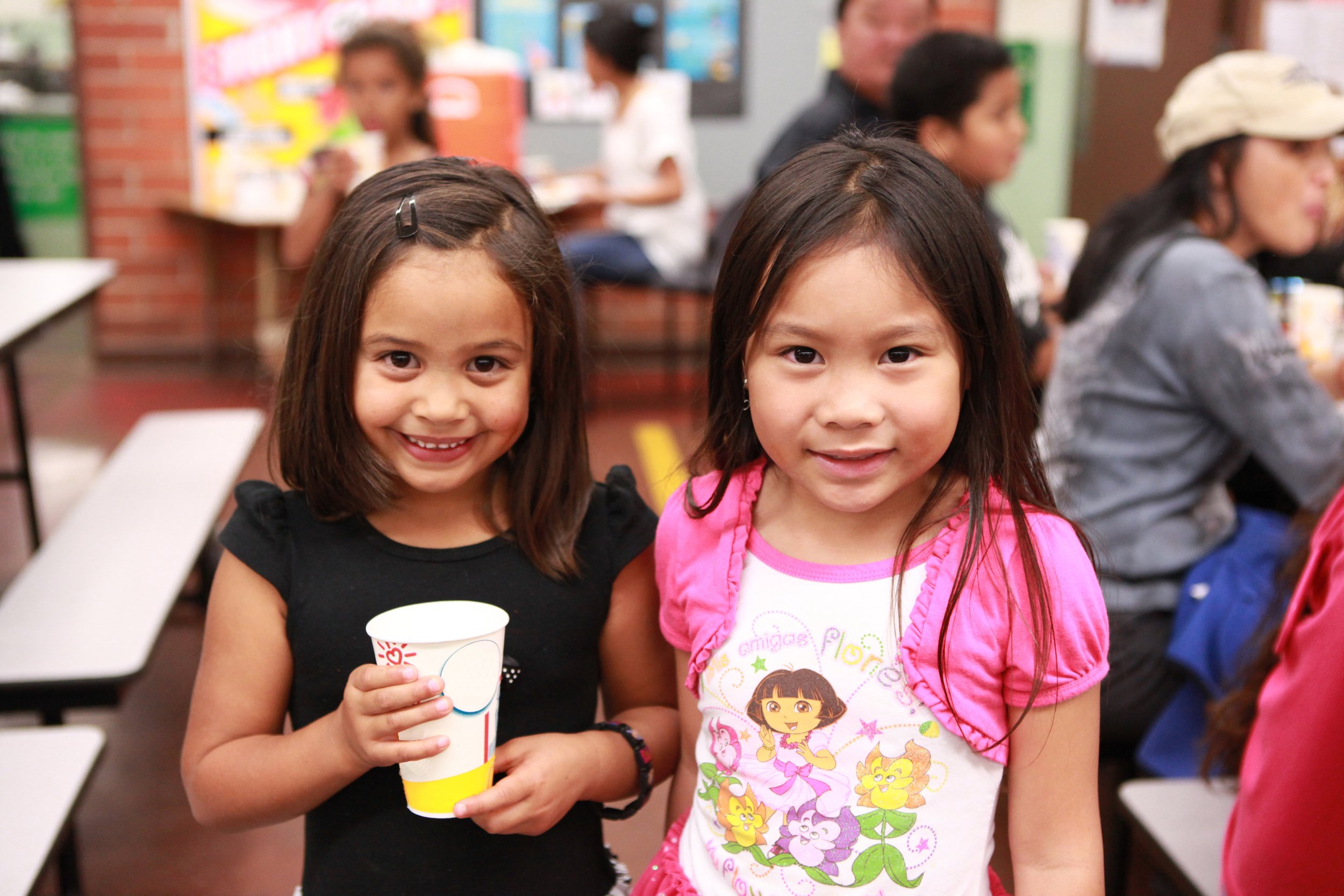
Community forum will bolster political will behind Universal Free School Meals
Free School Meals 4 All: A Community Forum will take place Sat., March 15 from 9:30 - 11:30 a.m. at McKinley High School auditorium.

Recent state tax cuts leave many struggling families behind, in need of more help
Tax credits can help round out relief efforts at low cost to the state by targeting assistance only to the families that need additional support.

Hawaiʻi poised to offer nutrition support services to Medicaid patients
With approval of Hawaiʻi’s Section 1115 Medicaid Demonstration Waiver, community-based food and nutrition organizations can soon begin to offer healthy food as medicine.
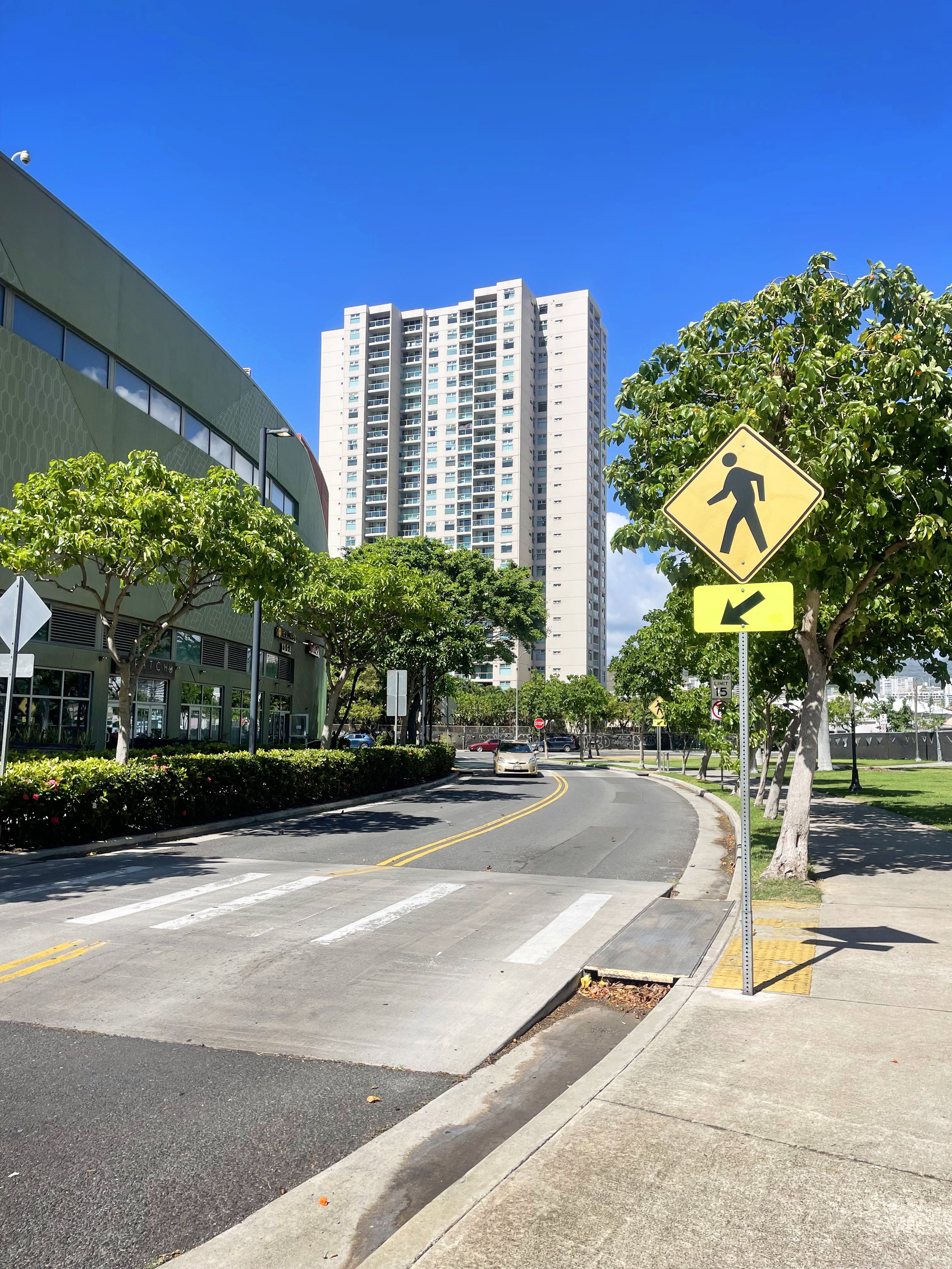
New policy report calls for major shift in Hawai‘i’s transportation spending to address unmet mobility needs, traffic congestion and emissions
Over the last 5 years, 66.3 percent of the state’s transportation budget has gone toward projects that increase vehicle capacity, while only 1.5 percent has gone to reducing vehicle travel.

Hawaiʻi Appleseed releases 2024 report exploring an Empty Homes Tax to address Honolulu’s housing crisis
Honolulu's severe housing crisis is being exacerbated by a growing trend of vacant homes purchased as investments by non-residents. To reverse this trend, Hawaiʻi Appleseed recommends a flat tax of 3–5 percent on empty homes.
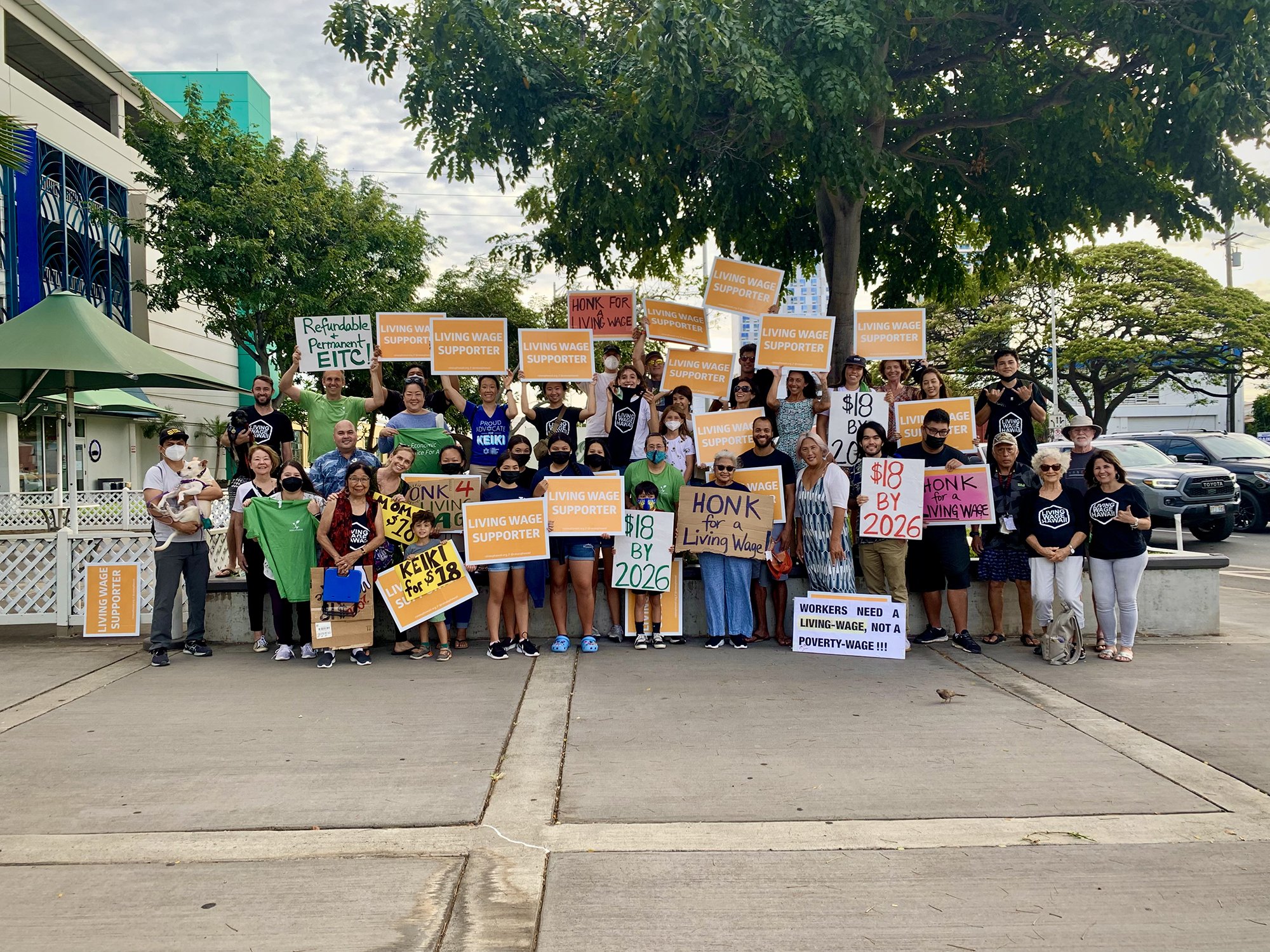
Hawaiʻi Appleseed launches 20 year anniversary giving campaign
The nonprofit hopes to raise $100,000 from individual and corporate donors by December 31.

Estate tax giveaway HB2653 would further concentrate wealth, drive inequality
New data-driven policy brief from Hawaiʻi Appleseed aims to educate lawmakers on the true nature of the policy proposal contained in this 2024 bill.

Hawaiʻi’s conveyance tax can be an effective tool to address our housing crisis
Hawaiʻi lawmakers have an opportunity to tailor the sales tax on real property so that it reinvests nonresident wealth into our island communities through affordable housing development.
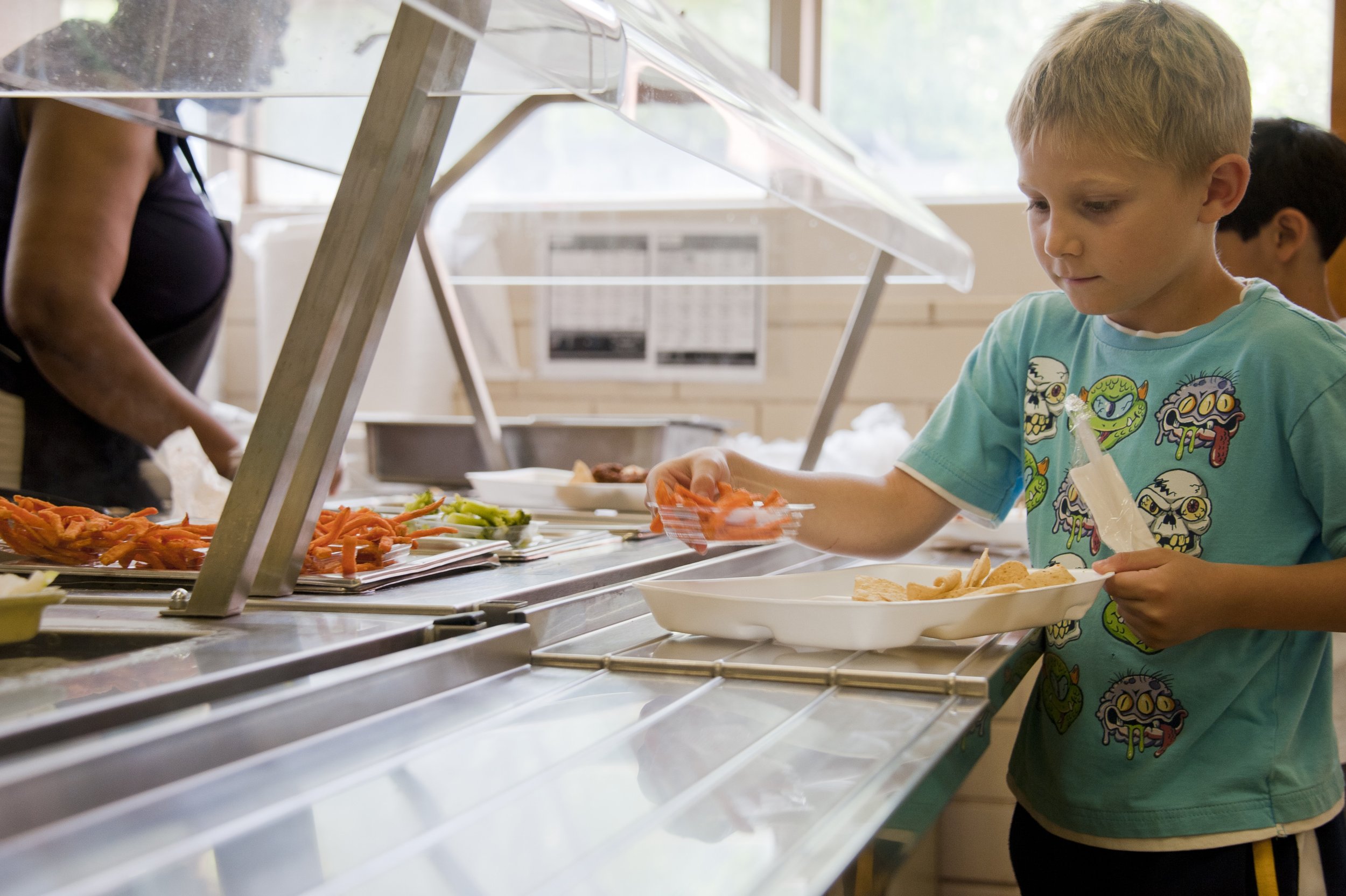
New report calls upon the state to join a growing national movement and provide free meals to all Hawaiʻi public school students
Extending free meals to all public school students would cost about $25 million per year—about 1 percent of the DOE’s operating budget.
